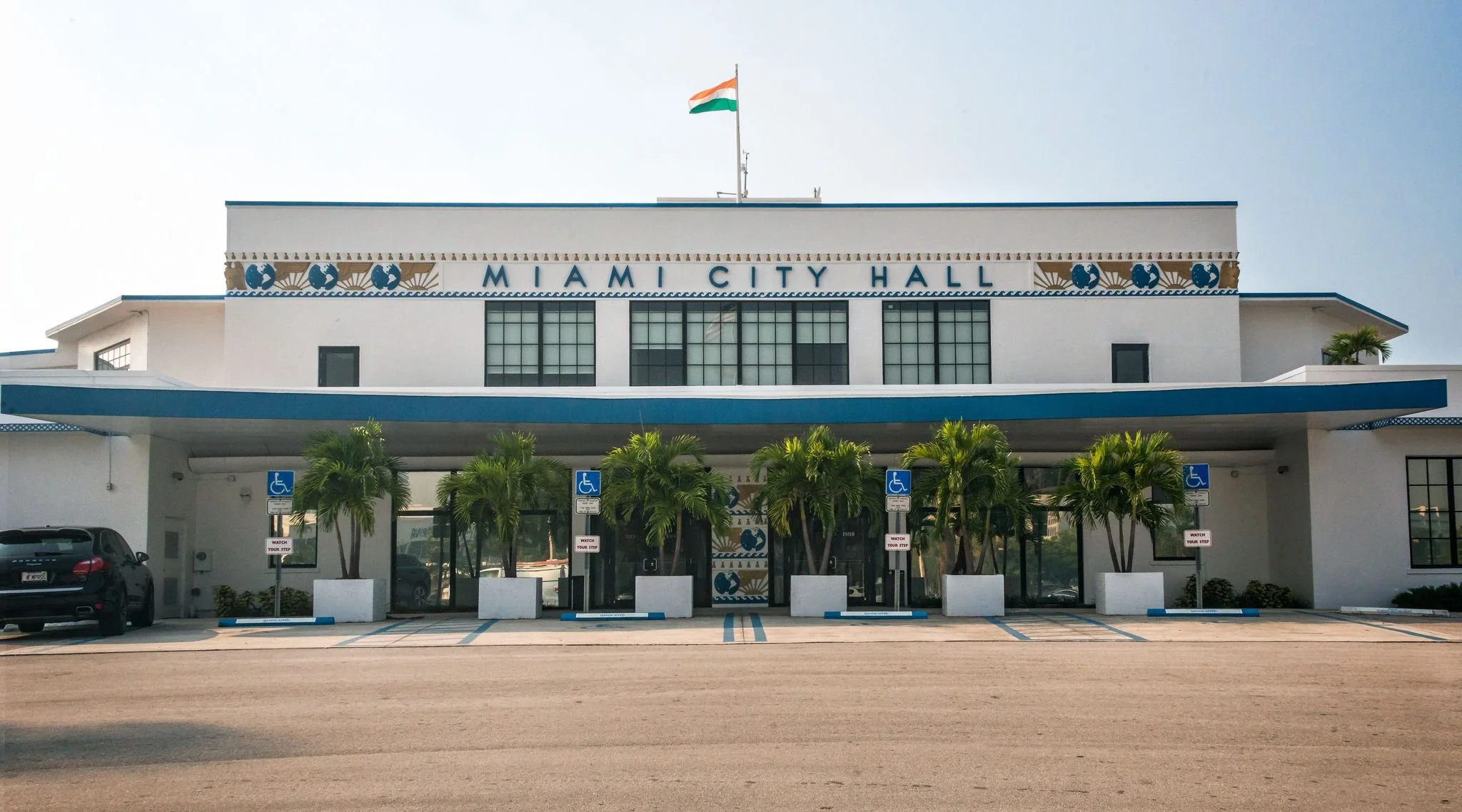How to Appeal a Permit Denial in Florida
Permit denials can stall your project — but they don’t have to stop it. In Florida, developers have several options to appeal, revise, or resubmit applications that initially fail review.
Understanding why a permit was denied and how to navigate the appeal process is critical to keeping your project moving forward without losing time or momentum.
Common Reasons for Permit Denial
Florida’s building and land development permits can be denied for a variety of reasons, most often linked to incomplete documentation or non-compliance with local or state codes.
Typical Causes of Permit Denial
| Category | Example of Denial Cause | How Engineers Resolve It |
|---|---|---|
| Documentation | Missing site plans, surveys, or sealed drainage reports. | Provide certified engineering drawings and stormwater models for resubmission. |
| Regulatory | Non-compliance with zoning, stormwater, or floodplain standards. | Revise grading or drainage design to meet county or city requirements. |
| Environmental | Lack of FDEP or SFWMD environmental permits. | Coordinate and submit Environmental Resource Permit (ERP) documentation. |
| Procedural | Unsigned forms, missing affidavits, or expired authorizations. | Correct administrative deficiencies before appeal or resubmittal. |
| Agency Coordination | Conflicts between FDEP, FDOT, or local public works requirements. | Conduct inter-agency meetings and provide consolidated responses. |
For reference on how the permit cycle typically progresses, see:
Typical Permit Review Timeline in Miami-Dade.
Step 1: Identify the Basis for Denial
After receiving a Notice of Denial or Comment Letter, review the remarks carefully to determine whether the issue is technical, regulatory, or procedural.
Your engineering consultant should prepare a response matrix addressing each comment. Many denials can be resolved quickly through minor plan revisions or clarified documentation without requiring a formal appeal.
Step 2: Understand the Appeal Process
Most jurisdictions allow developers to appeal a permit denial through a Board of Adjustment, Development Review Committee (DRC), or Hearing Examiner.
Here’s what the process generally looks like:
Submit a Written Appeal: Within 10–30 days of the denial.
Provide Supporting Documents: Revised plans, calculations, or code interpretations.
Attend the Appeal Hearing: Present technical justifications with your civil engineer.
Await Decision: The board may affirm, overturn, or conditionally approve the permit.
For permits tied to state or environmental agencies, follow specific procedures in the Florida Administrative Code (Rule 62-110 for FDEP appeals).
For related regulatory coordination, see:
Environmental Resource Permits (ERP) in Florida: A Developer’s Guide.
When to Revise Instead of Appeal
Not every denial requires an appeal. If the issue involves technical revisions — such as grading, drainage, or utility conflicts — resubmitting corrected plans is often faster and more efficient.
Your engineer can help determine whether to appeal or amend by assessing:
The severity of the comments.
The timeline for the next hearing or resubmittal window.
The cost-benefit of each approach.
To learn more about how engineers handle submittal differences between jurisdictions, see:
Preparing a Site Plan for Submission to a Florida City vs. County.
Tips for a Successful Appeal or Resubmittal
Respond Completely: Address each reviewer comment in writing.
Provide Calculations: Include hydrologic data, stormwater modeling, or HGL results.
Coordinate Early: Meet with county reviewers before resubmittal.
Maintain Professional Records: Keep digital and hard copies of all revisions, letters, and meetings.
Consult a Qualified Engineer: A licensed engineer ensures all responses are technically sound and code-compliant.
Conclusion
A permit denial doesn’t mean the end of your project — it’s a signal to refine, clarify, or strengthen your technical case. By working with experienced engineers who understand Florida’s regulatory framework, most denials can be resolved efficiently through resubmittal or appeal.
At RSP Engineers, we help developers navigate review cycles, resolve complex technical comments, and deliver compliant designs ready for approval.
FAQs
-
Usually 10–30 days from the date the denial is issued.
-
Yes — if the issues are technical rather than regulatory, resubmittal is often preferred.
-
Not always. Engineering consultants can often handle the appeal process directly with the agency.
-
Typically, a local Board of Adjustment, Development Review Committee, or hearing examiner.
Partnering With Florida Developers for Permit Success
At RSP Engineers, we work directly with reviewers, coordinate multi-agency approvals, and provide documentation that meets every local and state standard. Whether revising drainage plans or preparing appeal documentation, we help clients move from denial to approval efficiently.











